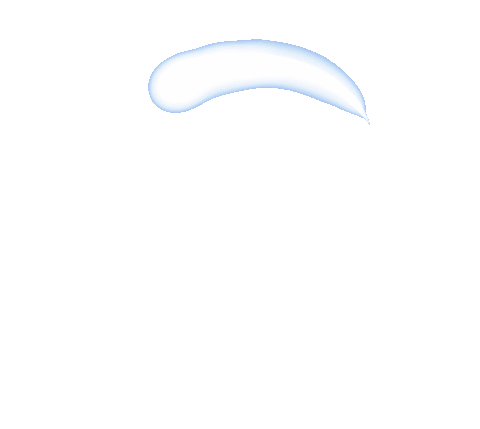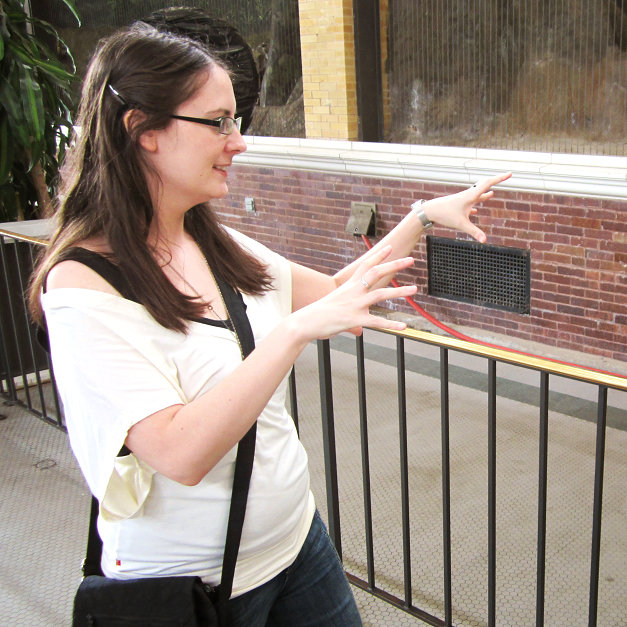I’m Eastern Orthodox, I believe it to be the full and complete continuation of the Christian Church from its earliest days.
How do you come to this conclusion?
There are only two major churches which have a valid historical claim to be a direct succession of the original Church, the other one being the Roman Catholic Church. On the major points of contention - the filioque and papal supremacy - I found the history of the early Church to be solidly supporting of the Orthodox view.
I found the history of the early Church to be solidly supporting of the Orthodox view.
Not to be a dick, but that’s because they did their absolute best to kill heretics and dismantle their belief systems by destroying their literature.
The early church had a lot of ideas about Jesus and his purpose, but the gnostics and other groups were all suppressed by the Orthodox Church and we only know about their beliefs through the lens of their interlocutors.
History is written by the victors, if the Orthodox Church is responsible for early church history they’re going to give you their version of it.
Rome killed heretics, because Christianity was the state religion, and turned to the Church to speak to what is and is not Christianity. And the Church has condemned things like gnosticism as non-Christian from the very beginning. Don’t confuse Rome having an official prescribed acceptable set of religions with some nefarious scheme by the Church. It is the role of the bishops to speak to what the authentic Christian faith is; what the state - in this case, the Roman empire - does with that information, with regard to non-Christian faiths, is it’s own business. The Church is under no onus to accept false theology as Christian simply for fear that the Empire will persecute those people if they don’t. In fact, she would’ve been wrong to do so, and unfaithful to her commission by Christ had they compromised the Christian religion that way.
I follow a pagan path (but I’m not Wiccan). I view it more as a spirituality than a religion since it isn’t organized or faith based. It just resonates with me. I wear witchy jewelry for personal comfort, maintain an altar at home (mostly for tarot, incense and meditation), love to study folklore and pagan practices in other parts of the world, celebrate the wheel of the year, and honor nature and the cosmos above all.
I grew up atheist and still consider myself one since I view gods as a reflection of the real world, akin to Mother Nature.
That’s interesting, how did you come to that?
I’m not religious or spiritual at all, but the Buddhist way of thinking, viewing the world and how to improve yourself is always interesting.
What do you find intersting about it?
Logic because it brings me closest to the reality I perceive and thus find my way easier.
That’s been my way as well so far. I’d be interested in how logic helps you cope with questions, such as where do we come from?, where do we go?, what is our purpose?. (Not playing devil’s advocate, real interest.)
I think those questions are great, but the answers will always lead to more questions. It is a journey in that regard which I suppose is logically driven. I think the best analogy is asking what is this table. It is made of wood and screws. What is wood made of…fibres. What are the fibre made of, carbon and other atoms. What was the atoms made of….etc. etc. Logic brings you closer to reality, but the closer you get, the more questions you will have which is one of the joys of life.
Not the person you’re asking, but logic tells me that these questions are meaningless so no “coping” required 🤷♀️
I pray to Joe Pesci, because he looks like a guy that can get things done!
Stoicism. The two major figures that I use to discuss stoicism are Viktor Frankl and Epictetus. Epictetus was born a slave and was crippled by his owner, but eventually was freed and found a happy life teaching Stoicism. Viktor Frankl wrote about finding meaning in life even living in the concentration camps. While not explicitly Stoic, his Logotherapy lines up very well with Stoic principles.
As for the spiritual component: https://stoickai.com/2019/09/19/the-stoic-god-a-call-to-science-or-faith/
As an athiest I also like stoicism a lot. Epictetus is definitely a real one, loved reading discourses. Would also recommend Seneca although I found it a bit drier. And the famous Meditations from Marcus Aurelius.
I’m an atheist through and through, but the one thing I’m unsure about is consciousness.
We basically made zero progress in figuring out what it physically is, how to test for it or how it is created, despite every single one of us experiencing it first-hand every day of our lives. That might be a sign that our physical understanding of reality is just not equipped to deal with this question.
On the other hand, if it has physical consequences then it must measurably interact with the physical world, and maybe it emerges from the complex interactions in the brain somehow. I personally just cannot imagine how the thing I’m subjectively experiencing as myself could ever arise from “dead” atoms and molecules.
The main reason I think consciousness is just advanced firing of synapses in the brain is because drugs can impact it, surgeries can impact it, flaws in the system can impact it.
If it was anything more than physical, these things wouldn’t affect consciousness so easily.
Take those who have had their Corpus Callosum split. It’s widely viewed that patients with this procedure end up with two distinct consciousnesses communicating with each other (https://www.ncbi.nlm.nih.gov/pmc/articles/PMC7305066/) which suggests to me that consciousness must be nothing more than the effects of complex physical systems in our brains.
If it was anything more than physical, these things wouldn’t affect consciousness so easily.
We know that it changes perception and behavior, because those are the things we can measure. We have no idea if it affects consciousness, because we don’t even know what that is.
[…] which suggests to me that consciousness must be nothing more than the effects of complex physical systems in our brains.
The problem I have with these studies is that they all test the functions of the brain and its hemispheres, and then argue what the produced consciousness(es) could look like based on some preconceived notion of what a consciousness can an cannot do. But who says that one consciousness cannot make two different choices simultaneously for example? Ofc it’s the best we have right now and imo very interesting and important work, but it’s still nothing like actually “detecting” consciousness and analyzing its properties. The sad truth is that we still have no f*cking clue.
I know that this all sounds very ominous, but that’s kind of the point. Consciousness as I’d define it is not just the mechanical function of the brain, but the experience of being “present”.
Nihilism. Imagine there being no past nor future, but like a child in a waiting room for the abyss you’re given a paper and some crayons. Why wouldn’t you try to draw the greatest piece you could? And if something goes wrong, well it’s just a happy accident. It’s not like this matters anyway. That’s how I see my life. This mindset let’s me not stress over old mistakes, while still striving to be better. I don’t want to waste this metaphorical paper but it doesn’t matter what I do with it in greater whole, since there isn’t a greater whole.
Nothing, I guess I just never needed any spiritual support. I grew up an atheist, my parents never took me to any church or prayed or told any religious stories of any kind. Then suddenly, in high school, I decided to tell them I was non religious they were surprised. They said we are Methodists. Well, that’s news to me. Maybe you are, but I was never baptized or anything.
Funny thing, I also never got “the talk.” I managed to figure things out for myself there, too.
I wouldn’t call it support or comfort but I often think if there was reincarnation then everyone must eventually live every life, so those who are killing will also be the killed, we will all end up living the lives of those we despise too, and that would be fair.
Also I think about just how little we can perceive of the world and universe, we have techniques and senses to see this pinhole view, and mostly trust it, but it’s so much bigger and more complex than we can imagine or perceive.
I’m an agnostic atheist, but recently I’ve been drawn to somewhat pagan beliefs about spirituality in nature. I can’t bring myself to believe in some mother Gaia goddess that controls the flow of nature, but something about nature holding innate power and energy rings true. I’m still figuring it out.
I had some traumatic events happen in my life recently, and in looking for ways to feel safe again I found myself believing in things I’ve never believed in before. I had some serious dysphoria about it lol, I was like “is this how ancient humans developed religions? A result of terror and seeking comfort?” As someone who became an atheist on my own as a young child, having any belief in something without actual evidence was making me question a lot about myself. But I don’t think I need to pigeon-hole myself into any self-made boxes, I can just let my beliefs be.
Thanks for sharing, I can relate to the desire for comfort and hope you can find it somewhere soon.
I had to think about this for a minute because I’m British and religion is just not a huge deal here so I don’t often think about it. Got some religious friends (mostly Americans but there are a few here too) but it’s just never really been a part of my life in a positive or a negative way.
My philosophy pretty much boils down to “we’re just here, roll with it” because anything else is essentially looking for meaning where it appears to not exist.
I’ve never found a religion whose adherents weren’t willing to support me if I asked.
I don’t.
I acknowledge the sense of community and belonging a religion can bring but I find the entire notion of believing in anything supernatural to be absurd.
None. When I consider death/existence/morality I get quite frustrated that I don’t have an answer. Give me omniscience (while preserving my morality and sanity), damn it!








